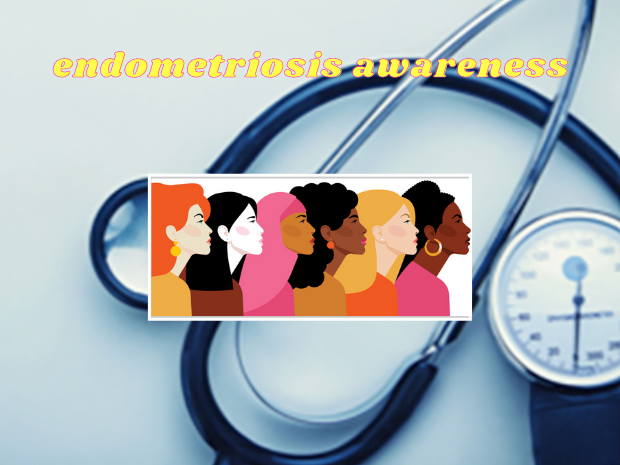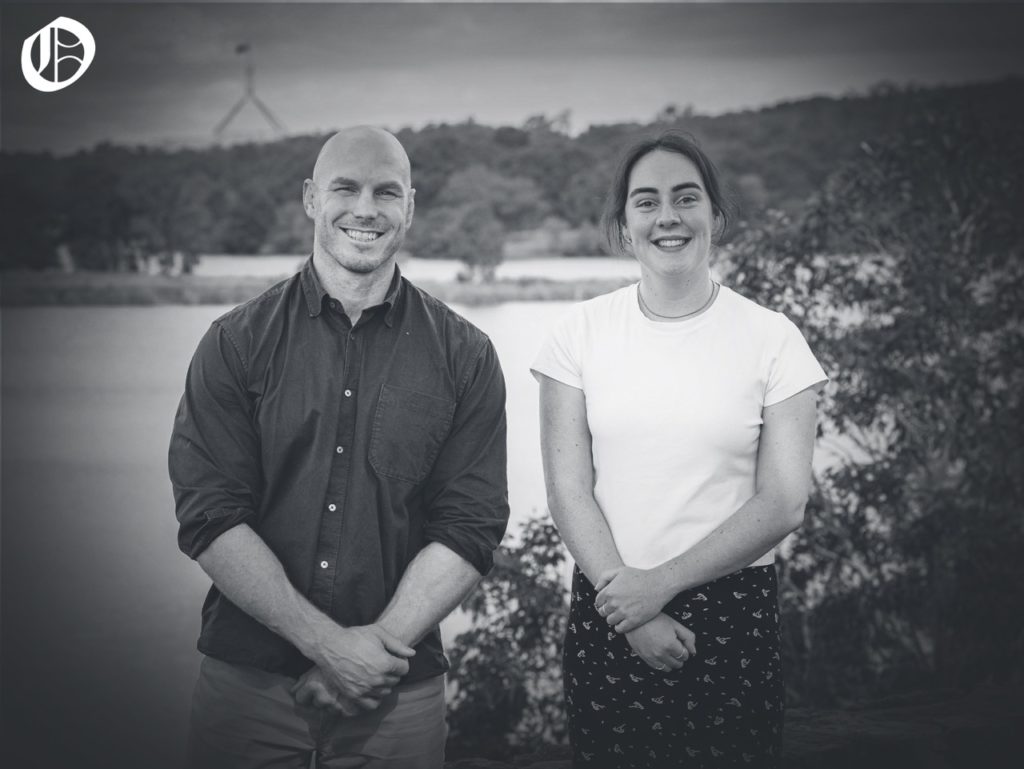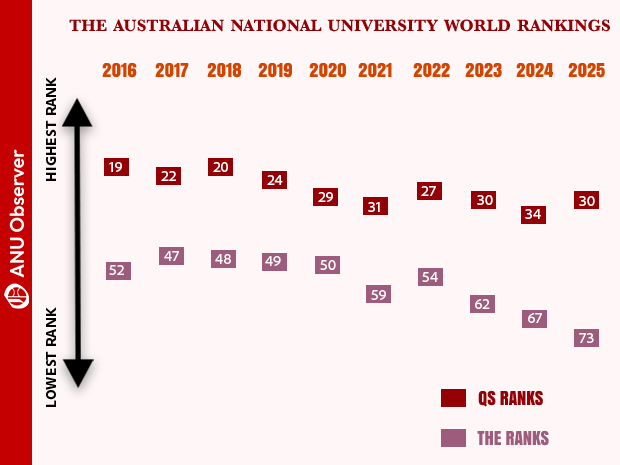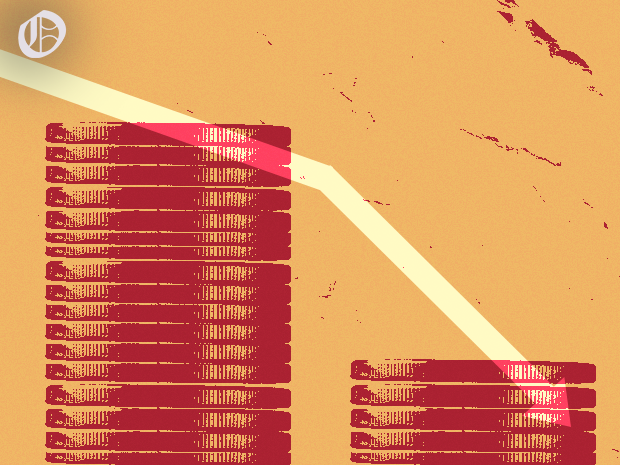Endometriosis: Living with an Invisible Illness

By Keighli O’Brien
For Endometriosis Awareness Month, Observer met with Dr Stephen Robson, Specialist Obstetrician and Gynaecologist and Professor at ANU Medical School, to discuss the impact of this illness.
What is Endometriosis?
Despite the prevalence of endometriosis, many remain unaware of this systemic inflammatory condition. According to Endometriosis Australia, “endometriosis is present when the tissue that is similar to the lining of the uterus (womb) occurs outside this layer and in other parts of the body causing pain and/or infertility” (https://www.endometriosisaustralia.org/about-endo). Dr Robson characterises endometriosis as a severe and devastating disease. He believes that it is “impossible to overstate just how severe an effect endometriosis can have”.
The Difference Between a Painful Period and Endometriosis:
Although recurrent painful periods are not normal, Dr Robson advised that endometriosis is a disease that has more significant effects beyond pain. He explained that this disease could lead to infertility, complications with the bladder and bowel, and significant problems with intimacy and relationships. He emphasised the importance of individuals with this condition receiving “expert care”.
Diagnosis of Endometriosis:
Unfortunately, Dr Robson noted that a laparoscopic procedure is required to diagnose endometriosis. However, he revealed that a specialist might suspect endometriosis based on the patient’s experience and quality of life. He argued that “attention to overall health is just so important”. Dr Robson mentioned the use of imaging, such as specialist ultrasound scans, being very useful in monitoring endometriomas (endometriosis cysts) or deeply infiltrating endometriosis.
Delay in Diagnosis:
According to Endometriosis Australia, endometriosis affects 1 in 9 people. Despite this, there is still an average of a 6.5-year delay in diagnosis, which can be mutually caused by a lack of awareness within healthcare and self-doubt within patients when they experience symptoms. Dr Robson expressed that it is “absolutely time things changed”.
He advised that many people do not seek care for endometriosis as they often understate their symptoms. He further stated that the most common reason for such a delay is the ignorance of healthcare workers in identifying the illness. He criticised healthcare workers who do not listen or downplay the significance of pain. Dr Robson revealed a typical pattern in which “examination is not done, tests not ordered [and] opinions are not sought from an experienced doctor”.
The Effect of Endometriosis on the ANU Community:
Observer spoke to Madeleine Smith, a student at ANU who has suffered from endometriosis. Influenced by the notion that “period pain is normal”, Smith believed nothing was wrong with her. Like many, it took Smith 11 years to be diagnosed after her first period.
Smith has established an Educational Access Plan (EAP) at ANU to consider her condition. She described the experience of applying for an EAP as “invasive” and “daunting” due to the amount of documentation required. Smith described EAPs as “flawed”, with many professors and course convenors ignoring these plans. While she acknowledged the importance of EAPs, she suggested that they “should have more power than just a pre-emptive sick note”.
Smith believes that she will never be able to articulate the way endometriosis has changed the way she operates on a day-to-day basis. She expressed that an individual could never understand the “soul-crushing” effects of endometriosis without experiencing it themselves. Smith describes the painful life of an individual with endometriosis, consisting of infertility, multiple surgeries, and a poor quality of life.
The Future of Endometriosis Research:
Dr Robson identifies our current understanding of the onset of endometriosis as “weak”. However, he remains hopeful that once gene expression in endometriosis is understood, medical professionals may prevent the disease rather than merely treating and managing it.
“Do not take no for an answer.”
Dr Robson remains firm in his message that if you suspect you have endometriosis and are dismissed by a healthcare worker, to insist on seeking help elsewhere.
Support is available:
ANU Medical Centre (+61 2 6125 2211)
Canberra Endometriosis Network https://www.facebook.com/groups/canberraendometriosisnetwork/
ACT Women’s* Health Service (02 6205 1078)
*Not all individuals with uteruses identify as women.









